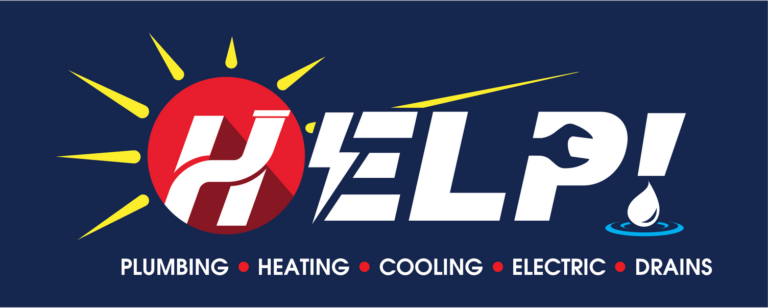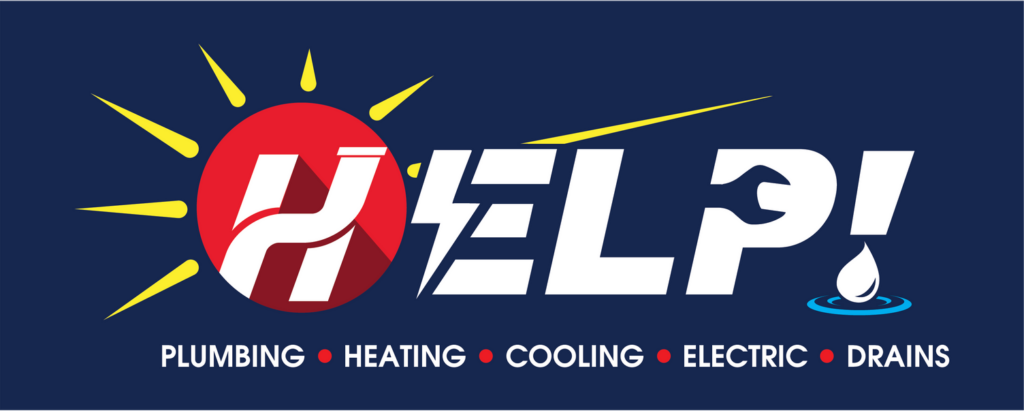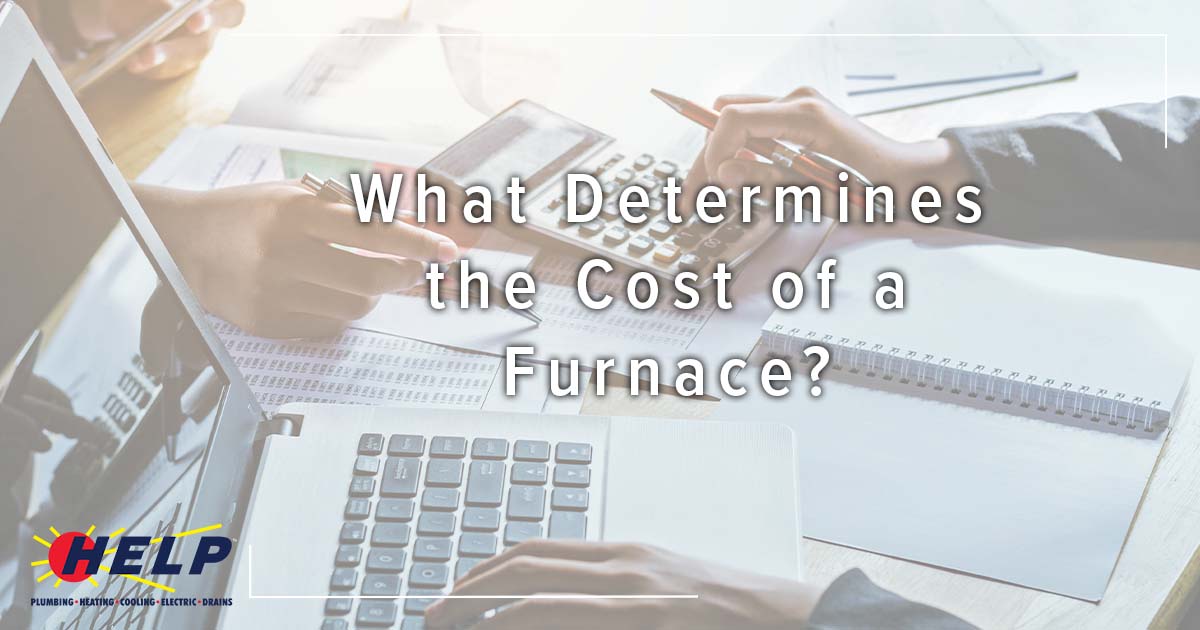
Most homeowners get sticker shock when they see the final cost of a furnace. However, what they don’t know is that the final price reflects a number of factors that most people do not consider.
We know that could be leaving you with a lot of questions. Today, we’ll share what factors determine the cost of a furnace.
1. Fuel Source
One of the big reasons that furnaces’ cost varies so much is because of the furnaces’ fuel. There are three main types of fuel: oil, natural gas, and electricity.
2. Furnace Size
You might be tempted to get a small furnace in order to save on money. But if it’s too small, it’ll struggle to heat your home. This is especially important if you live in a colder climate where heat is a necessity in the winter.
3. Energy Efficiency
If it’s been a decade or two since you bought your last furnace, you might be pleasantly surprised to learn that their efficiency has skyrocketed. In fact, according to the US Department of Energy, there are no furnaces on the market that rate less than 80% AFUE or Annual Fuel Utilization Efficiency.
However, if you live in a warmer climate and won’t use the furnace much throughout the year, it might be worthwhile to purchase a lesser AFUE furnace for much lower price upfront and a higher price monthly. It all depends on what the climate is like where you live.
4. Installation Cost
Even if you’re handy and can fix or install most things, a furnace is a whole other beast. Many things can go wrong during installation, leading to a much higher risk of fire or gas leaks. There is a reason why all HVAC specialists must maintain a certification in order to install a furnace; it takes training to install them properly.
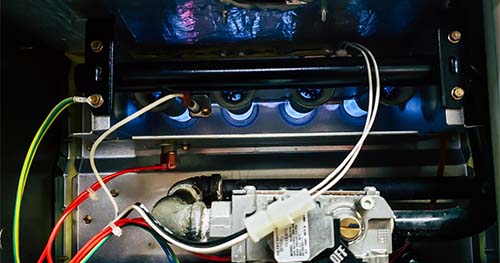
That being said, the price of professional furnace installation might scare you. It is often in the thousands of dollars and can be up to $10,000 or even $15,000 if you’re switching fuel sources.
If you are switching from one fuel source to another, that is where a majority of the installation price will come from. This price includes installing new ductwork and repairing the old ductwork, wiring, and drywall as needed.
6. Other Factors to Consider:
a. Warranty
Like a lot of major appliances, most furnaces have warranties. These warranties tend to be valid for around ten years or so on average. Though be sure to keep in mind that most warranties require evidence that you have kept the furnace well-maintained.

b. Maintenance
Like anything else, furnaces require upkeep in order to stay in good working condition. That upkeep comes in the form of routine maintenance, like cleaning the air filters and checking to make sure everything is working as it should. If furnaces aren’t maintained properly, then small issues can become big ones before you know it.
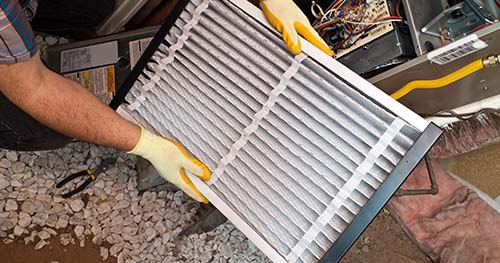
c. Tax Credits
If you have recently purchased or are considering purchasing a furnace that has an efficiency rating of above 95%, you may be entitled to a tax break of $150 on your upcoming returns. It is an incentive to promote sustainability.
d. Insulation
Struggling to heat your home with your current furnace? If the furnace isn’t too small for the space, your insulation may have a leak. This is especially common in older homes, where the insulation has worn away with age.
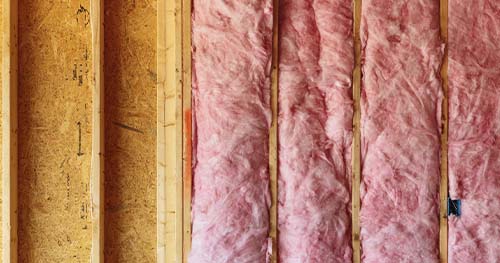
Need help picking out the perfect furnace to suit your needs? Schedule an appointment with one of the HVAC experts at HELP today!

